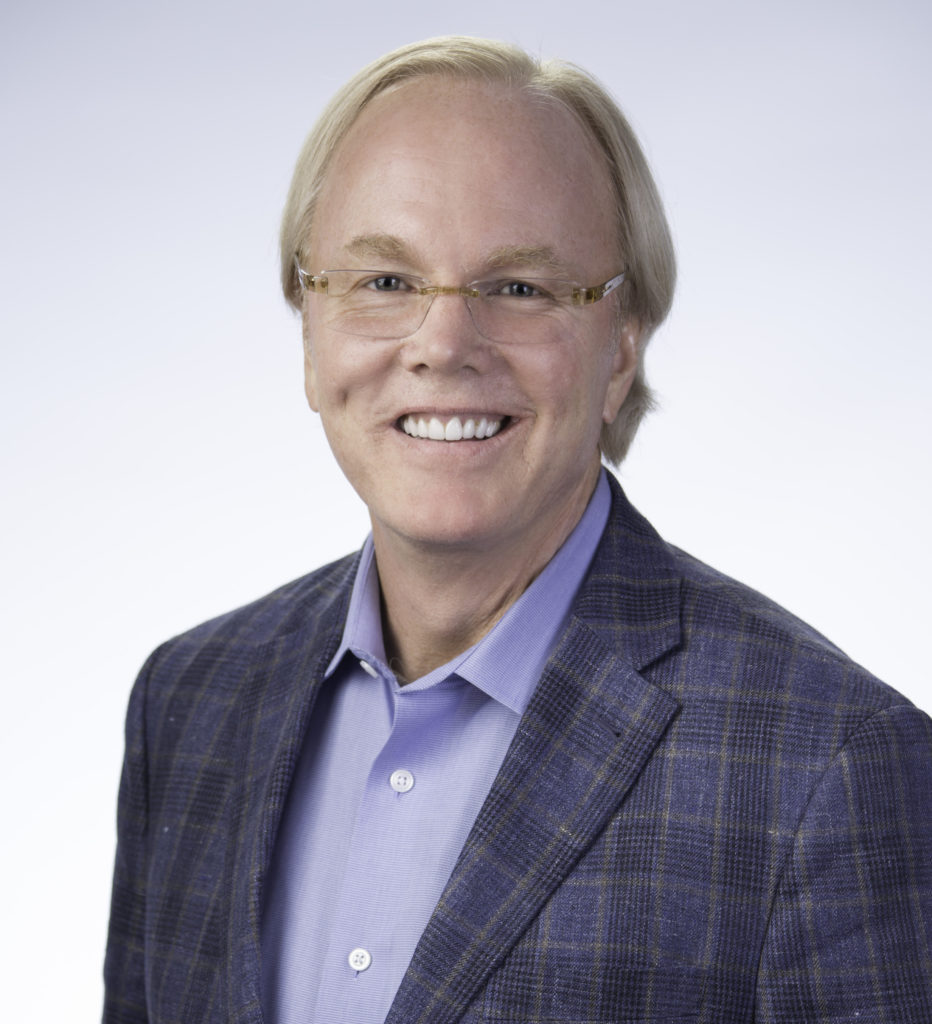By Michael D. McGee, M.D.
Chief Medical Officer, The Haven at Pismo
Author of The Joy of Recovery: A Path to Freedom from Addiction
Never crave alone
There are multiple ways to deal with cravings. The first and most basic skill is to “Never crave alone.”
1. Most patients act on cravings without letting those who support them know. Advise patients to make a rule for themselves to call someone who is supporting them in their recovery the instant they get thoughts or cravings for the substance.
2. Have them make an agreement ahead of time with their recovery mentor or other recovery support person that they will call when they get a thought of addicting.
3. Encourage patients to have several (five to ten) persons who are supporting their recovery so that the chances are that they will always have someone to talk to when cravings arise.
What to talk about
In talking to the support person about their cravings, we should advise patients to talk about these four things:
1. Talk about the good things that will happen if they don’t use the substance.
2. Talk about the bad things that will happen if the do use the substance.
3. Talk about what stressor or negative emotion, if any, triggered their craving.
4. Talk about what they can do now to distract themselves from their craving and help them to feel better. It might be going to a meeting, doing something fun, being with loved ones, and so on.
Related Pages
Tips on dealing with “slips” in recovery
What are the BEST books on each topic related to psychiatry/ mental health?
Disclosure: The links above are Amazon affiliate links. Buying products from Amazon.com using links on this website helps to support this website at no additional cost to the purchaser. But, we still want to be fully transparent about this.
Copyright © 2018 to 2021, Simple and Practical Medical Education, LLC. All rights reserved. May not be reproduced in any form without express written permission.
Disclaimer: The content on this website is provided as general education for medical professionals. It is not intended or recommended for patients or other laypersons or as a substitute for medical advice, diagnosis, or treatment. Patients must always consult a qualified health care professional regarding their diagnosis and treatment. Healthcare professionals should always check this website for the most recently updated information.

Dr.McGee is an amazing physician and a prodigy of compassion and wisdom when it comes to knowing those suffering in the grips of addiction. Through his book “joys of recovery” it spells out the “recipe ” for finding freedom for anyone struggling with all addictions. I am honored to know him and continue to learn a wealth of information for transformation!
Hi Rajnish: This is very specific and excellent information that should be shared with every individual with addiction. I commend Dr McGee for putting this together and for you for finding this pearl.
Question: Can I make copies of this and give it to my patients?
Thanks, Narsimha! I passed on your kind words to Dr. McGee. I also got his permission to turn his articles for Simple and Practical Mental Health into patient handouts and we will add these to our page containing patient handouts (https://simpleandpractical.com/handouts) from which you can download them.